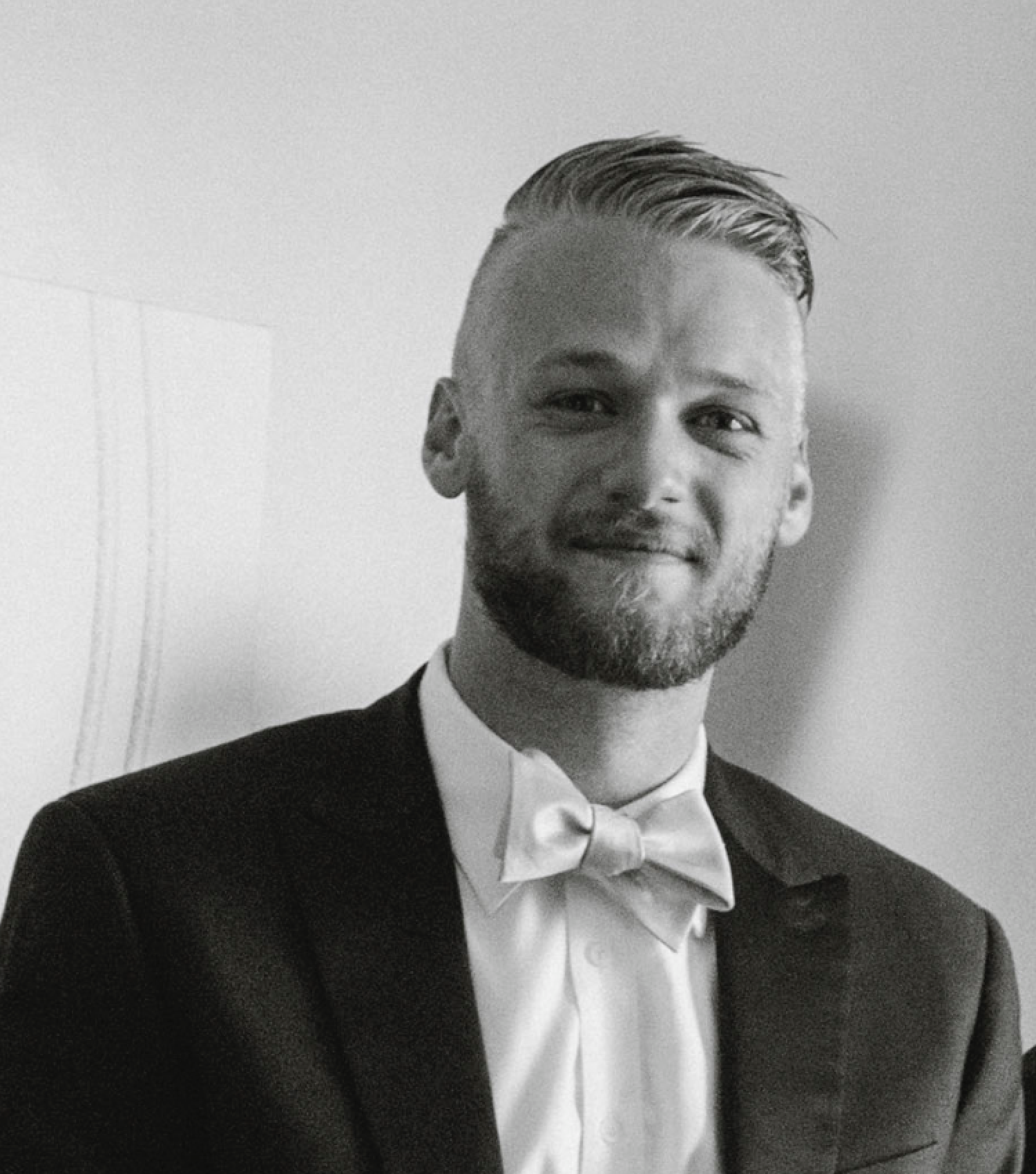Research Excellence Spotlight - Anthony Pinter

Anthony Pinter is a fifth year PhD student studying Information Science. His research focuses on how online identity changes in response to life transitions and how data representations of our lived experiences in socio-technical systems like social media are imperfect; he specifically studies how people handle the end of a romantic relationship and its translation into online spaces. Anthony was recently awarded a Research Excellence Award based on his accomplishments and contributions to the research community. We asked Anthony a few questions to learn more about him as a researcher and get to know him better. Read more below!
Describe an "a-ha!" moment you had while doing research.
I started my PhD in a totally different topic area -- thinking about trans and non-binary identities in online spaces. I switched focuses to relationship break-ups towards the middle of my third year, after realizing that I wasn't the right person to do trans/non-binary work, but I was definitely the right person to do work about break-ups. This was my a-ha moment... realizing that I should be doing something slightly different!
What is a useful research skill you think everyone should have?
Be able to work with groups of varying sizes, in varying roles. Regardless of your discipline, you're going to have to work alone -- after all, you have to write a dissertation! But being able to work with others, and take different roles depending on the group/project, is such an invaluable skill to have. While I love my dissertation work and love working 1:1 with my advisor, I've had really formative experiences working in big groups of researchers and I think that's something everyone should have at least some experience with.
Why is your research important to the community or world at large?
Social media is relatively new, but is certainly not going anywhere, anytime soon. As long as we have social media, we'll have our lived experiences translated into data that can be used to make recommendations. My work ultimately contributes to creating better algorithmic systems that are more attuned to the human experience, giving us less "unexpected" or "upsetting" suggestions that might be problematic during a life transition.
Tell us a fun fact about you that is not related to your research or academics.
I competitively race in cross-country mountain bike races -- this summer I'm riding the Leadville 100 MTB!
What is a good book you have read recently and why did you enjoy it?
A song I reference in my dissertation has a reference to Neil Gaiman's "Neverwhere", so I snagged a copy and read it through in nearly one sitting. It was just a really easy, fun fantasy read! I was disappointed to find he hadn't written more using those characters and that world.
If you could have dinner with anyone (living or dead), who would it be and why?
Kurt Vonnegut. I think he would have such an interesting perspective on the last 20 years of American history, given what he thought and wrote about regarding the mid- to late 20th century.

